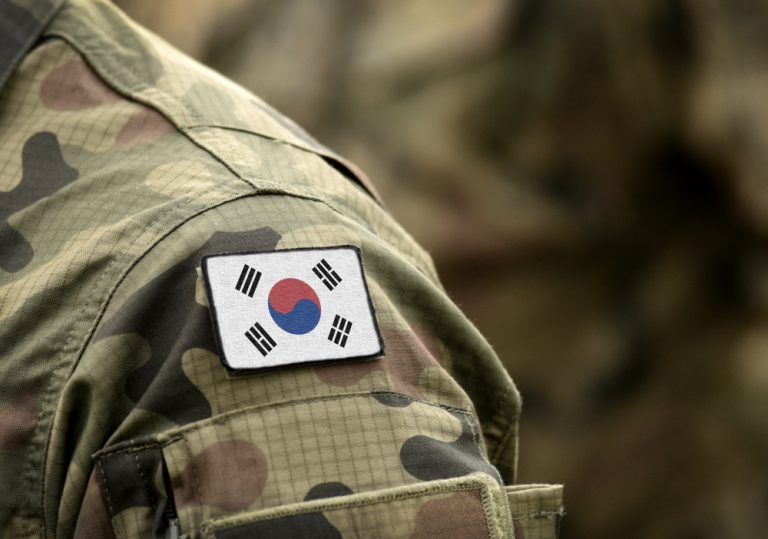In a stunning turn of events, South Korean President Yoon Suk Yeol attempted to seize dictatorial power this week through an amateurish coup, only to be thwarted within hours by a determined public and legislature. Less than 18 months after being lauded by U.S. President Joe Biden for “shared democratic values,” Yoon’s authoritarian bent has thrown South Korea’s political future—and its global alliances—into turmoil.
Martial Law and a Failed Coup
The crisis began Tuesday night when Yoon declared emergency martial law, citing legislative gridlock and alleged subversive activities by the opposition. Tanks rolled into Seoul, and troops were sent to the National Assembly to block and potentially arrest legislators, while police outside attempted to prevent others from entering.
South Koreans, with a history of defeating authoritarian regimes, mobilized quickly. Protesters massed outside the Assembly, assisting legislators in entering the building. The National Assembly acted decisively, voting 190–0 to overturn the martial law declaration. Within hours, Yoon conceded defeat, ending his coup attempt but setting the stage for likely impeachment proceedings.
Yoon’s Controversial Presidency
Yoon, a former prosecutor general, narrowly won the presidency in 2022 amid a divisive campaign. His administration has since been plagued by corruption scandals, some involving his wife, and his approval ratings have plummeted to around 25%.
Tensions with the opposition, which controls the legislature, escalated after they rejected his preferred budget and moved to impeach officials allied with him. These frustrations culminated in Yoon’s failed attempt to seize power, a move widely condemned as a desperate and authoritarian gamble.
A Pattern of Authoritarianism
Yoon’s coup attempt is part of a broader trend of democratic backsliding under his administration. He organized South Korea’s first military parade in years, showcasing ballistic missiles in a display reminiscent of North Korea. He has also targeted critics with accusations of being “anti-state” or sympathetic to North Korea, a tactic many see as red-baiting.
International observers, including the V-Dem Institute, have noted South Korea’s slide toward authoritarianism under Yoon, with press freedom and democratic norms increasingly under threat.
A Tarnished Alliance
Yoon’s authoritarian tendencies were downplayed by the Biden administration, which viewed him as a key partner in its strategy of countering China. Trilateral security cooperation among the U.S., South Korea, and Japan has been central to this approach. Yoon’s rapprochement with Japan, while controversial domestically, was hailed by U.S. officials as a triumph of leadership.
However, Yoon’s policies—particularly his failure to hold Japan accountable for wartime forced labor—alienated many South Koreans, who see him as prioritizing foreign alliances over national interests. His coup attempt has now tainted these efforts, potentially jeopardizing the trilateral alliance’s stability.
The Global Stakes
Yoon’s failed power grab underscores the risks of aligning U.S. foreign policy with unpopular and autocratic leaders. Just as the U.S. propped up dictators during the Cold War for their anticommunist stance, Biden’s administration gambled on Yoon’s democratic credentials, ignoring signs of authoritarianism.
This miscalculation could have broader implications for U.S. strategy in Northeast Asia, where countering China and North Korea depends on stable alliances. Yoon’s amateurish coup has made him a liability, and his policies may now face greater scrutiny both domestically and internationally.
A Victory for South Korea’s Democracy
If there is a silver lining to this crisis, it is the resilience of South Korean democracy. The swift and unified response of lawmakers and citizens to Yoon’s authoritarian attempt demonstrates the strength of democratic institutions in the country.
South Koreans not only thwarted Yoon’s coup but also challenged the narrative that aligned his leadership with democratic values. Their actions have sent a powerful message to the world: that democracy, even when under siege, can prevail through collective resolve.


